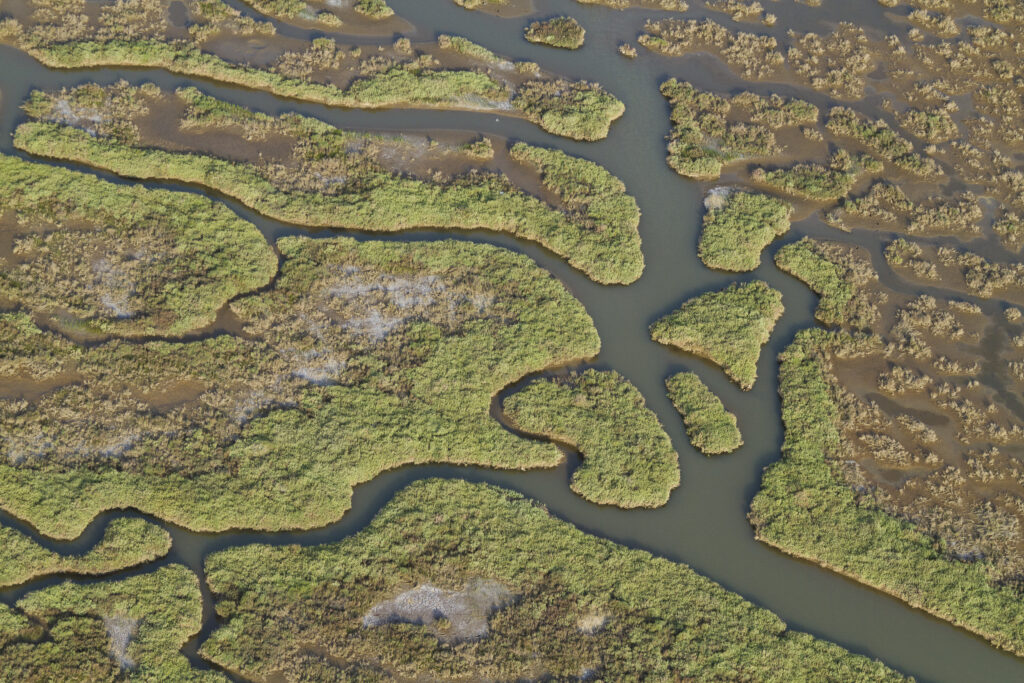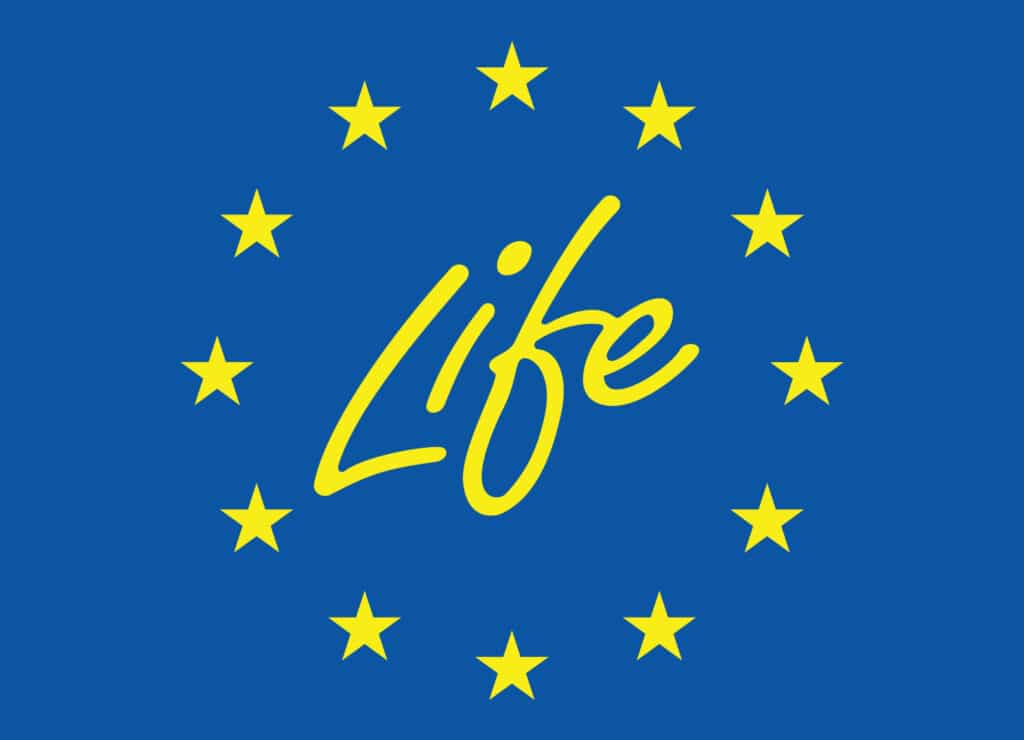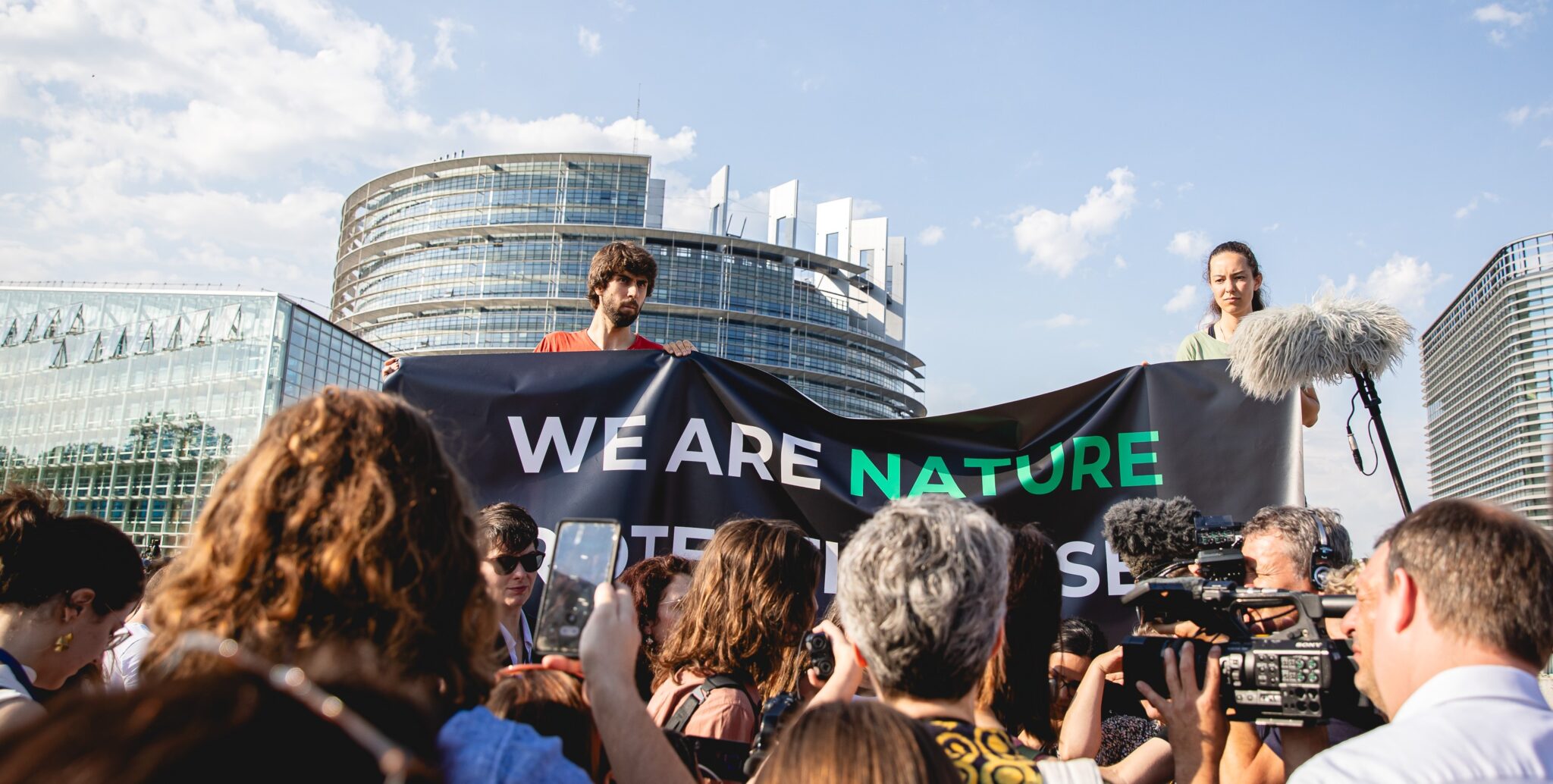Member States to European Parliament: Europe needs a Nature Restoration Law now!

EU countries, which will be in charge of implementing the Nature Restoration Law, come out in favour of the law and send a strong signal to the opposition in the European Parliament.
Despite last-minute efforts by the Swedish Presidency to delay an agreement on the Nature Restoration Law and Sweden’s government not supporting the position negotiated by its Presidency, today the Environment Council reached its final position – the ‘general approach’ – supporting the proposed law [1]. While the Nature Restoration Law narrowly escaped a rejection in the European Parliament’s ENVI Committee last week, today Member States send a strong message to the blocking groups in the Parliament there is a will and need to restore nature in Europe.
This decision is critical in view of the Global Biodiversity Framework (GBF) commitments made last year, and the climate targets included in the European Green Deal as the EU risks failing to achieve both without the proposed law.
While Member States recognised the need for dedicated nature restoration funding to implement this crucial law, they have also significantly weakened the ambition level of the proposal [2]. It will be the task of the upcoming Spanish Presidency, starting on 1 July 2023, to defend an ambitious outcome for the Nature Restoration Law by building on the position adopted today as a minimum and avoiding further weakening during the Trilogue.
Sabien Leemans, Senior Biodiversity Policy Officer at WWF European Policy Office: “By agreeing their position on the Nature Restoration Law, today EU Member States send a resounding message to the European Parliament: Member States, who will be responsible for the implementation of the law, are supportive of it and acknowledge the need for legally-binding restoration targets. We call on all Members of the European Parliament to take this message seriously and ensure an equally constructive approach towards the Plenary in July.”
Sergiy Moroz, Policy Manager for Water and Biodiversity at the European Environmental Bureau: “We applaud the EU Ministers who have agreed today the negotiating mandate for the Nature Restoration Law despite the barrage of misinformation spread by conservative politicians and agriculture and fisheries lobbies as well as last-minute attempts of the Swedish Presidency to derail the negotiations. We urge the Spanish Presidency to avoid further weakening and instead focus on strengthening the Regulation during the negotiations with the European Parliament following the recent demands from citizens, scientists and civil society organisations as well as a wide range of businesses.”
Ioannis Agapakis, Nature Conservation Lawyer at ClientEarth: “The Council’s position weakens the initial proposal to such a degree that it disintegrates some of the key obligations and subjugates restoration to other land and sea uses. This disregards the indispensable role of biodiversity in tackling the multiple crises, including the climate one, that the European Union is currently facing. The one saving grace is that it shows Member States’ commitment to securing a comprehensive legal framework for restoration, in lieu of a voluntary and piecemeal approach, which has so far been unsuccessful.”
Sofie Ruysschaert, Nature Restoration Policy Officer at Birdlife Europe: “Europeans let out a collective sigh of relief as the majority of Member States embrace their responsibility to champion the Nature Restoration Law, safeguarding our resilient future. Nature and farmers bear the brunt of the unprecedented impacts caused by climate and ecosystem collapse. With innovation, stakeholder involvement, and sustainable investments, the Nature Restoration Law can reverse this tide.”
Notes to editors:
[1] The general approach was adopted by 20 Member States, representing 66,13% of the EU population. Member States opposing the GA: Finland, Italy, the Netherlands, Poland, and remarkably, Sweden itself. In addition, Austria and Belgium abstained.
[2] Member States agreed on much-increased flexibility and multiple exemptions that create legal loopholes and weaken the benefits that the law could bring on the ground, for instance:
- The non-deterioration obligation, preventing further degradation of habitats and ensuring that Member States can reach the restoration targets in the most cost-effective way, has been weakened, with its scope significantly reduced.
- Rather than harnessing synergies between accelerating the deployment of renewables and nature restoration, the Council introduced numerous derogations on renewable energy, despite the overwhelming support for the proposal from the wind and solar sectors.
- The peatland and forest restoration targets have also been weakened significantly, allowing MS more flexibility to do less under certain conditions.
- The marine restoration target has been weakened for a specific group of habitats (soft sediments) and marine restoration action delayed by allowing until 2040 (and for soft sediments even until 2050) to gather all data on the condition of the habitats.
- The Article on access to Justice has been deleted, risking more violations of the Aarhus Convention and an uneven playing field across Member States.
You might also be interested in:
 | Stichting BirdLife Europe gratefully acknowledges financial support from the European Commission. All content and opinions expressed on these pages are solely those of Stichting BirdLife Europe. The European Commission is not responsible for any use that may be made of the information it contains. |









